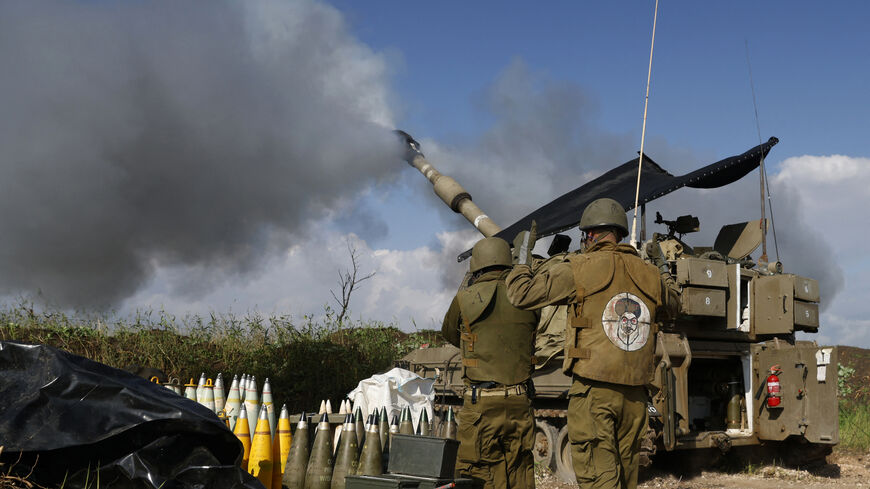TEL AVIV — The April 1 assassination in Damascus of the Iranian Quds Force commander in Lebanon and Syria, Mohammad Reza Zahedi, is the most painful and significant blow dealt to Iran’s Islamic Revolutionary Guard Corps (IRGC) since the January 2020 killing of its commander, Qassem Soleimani, sending Tehran a clear message that none of its commanders are safe.
The strike, which hit the Iranian Consulate also killing Zahedi’s deputy Mohammad Haj Rahimi and six other IRGC officials, has been widely linked to Israel, which is also known to have contributed intelligence for the US killing of Soleimani. While Israel remains officially mum on Monday’s killing, Iran has vowed revenge.
Zahedi equipped Hezbollah with arms
"This is the most senior Iranian in Syria and Lebanon, the person who calls the shots, the person who coordinates everything with [Hezbollah leader Hassan] Nasrallah and is responsible for transferring weapons and ammunition, deploying forces, planning attacks, operating Hamas and other organizations from Lebanese territory, and more," an Israeli intelligence source told Al-Monitor on condition of anonymity.



